
Our physiotherapists excel in treating all musculoskeletal disorders with their excellent physical therapies and also additional therapies.Our aim is to provide pain relief, increase joint range, improve strength and flexibility and restore the patient to full function.
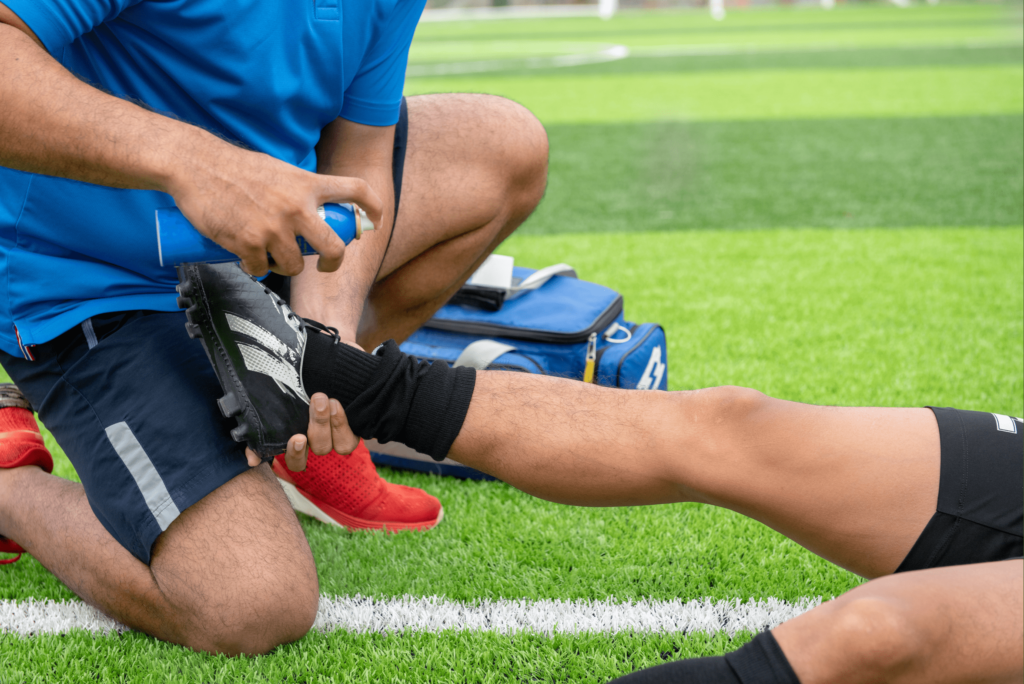
Sports Physiotherapy plays an integral part in the multi-disciplinary approach to the management of sports injuries. The aim of physiotherapy is to treat and fully rehabilitate the athlete post-injury, post-operatively, to prevent further injury and to return the athlete to sport in the shortest possible time.Our Therapy services are generally available to persons of all ages engaged in sports at any level of competition. We help athletes overcome their injuries and return to their previous levels of activity by offering rehabilitation services and advice on preventing future issues. Depending on the type and severity of an injury, with the guidance and treatment provided by our skilled Physiotherapists many athletes are able to fully recover from threatening injuries and return to their sports with ease in excellent fitness & performance.
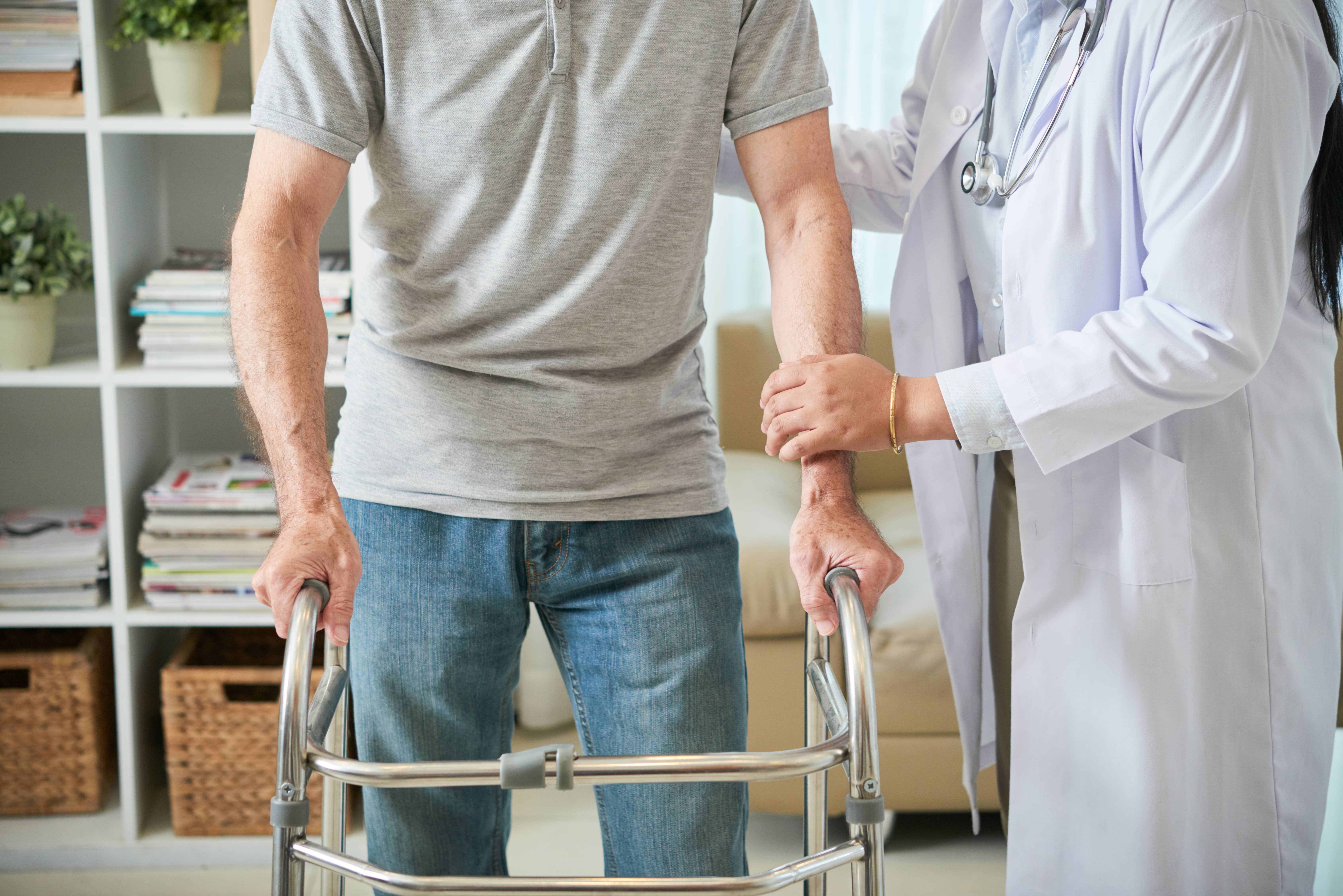
We provide Neurological Physiotherapy services to improve the function of patients who have suffered physical impairment caused by neurological conditions.
Many of our clients who undergo Neurological Physiotherapy can improve symptoms such as, difficulties with loss of balance, loss of hand and arm, or leg and foot function, walking, spasticity and pain.
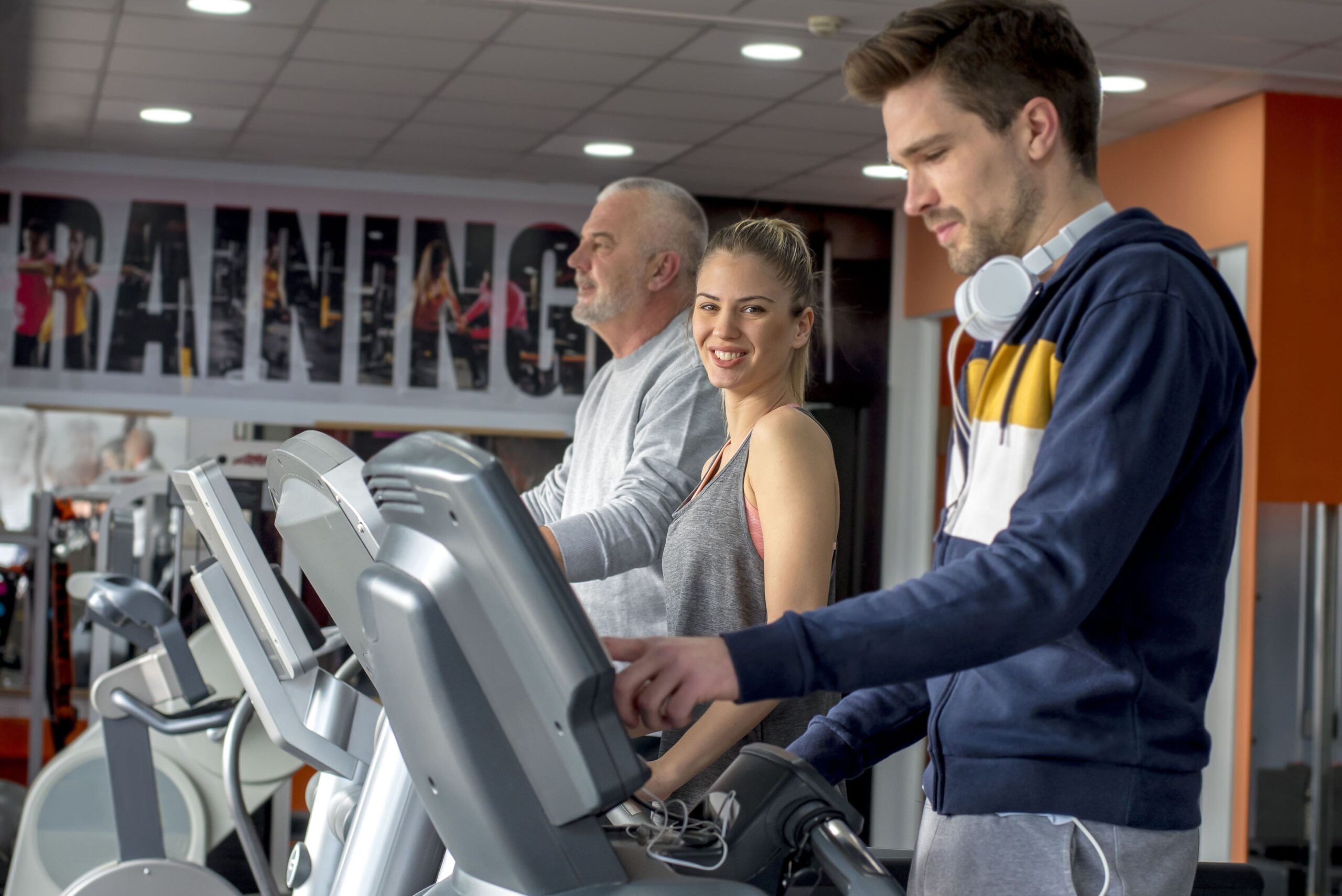
Our team Physiotherapists work with cardiopulmonary patients in a variety of settings. We treat acute problems like asthma, acute chest infections and trauma; We are involved in the preparation and recovery of patients from major surgery; We also treat a wide range of chronic cardiac and respiratory conditions like Chronic Obstructive Pulmonary Disease (COPD), cystic fibrosis (CF) and post-myocardial infarction (MI).Anyone who has had a heart problem, such as a heart attack, heart failure, or heart surgery, can benefit from cardiac rehabilitation. Studies have found that cardiac rehabilitation helps men and women, people of all ages, and people with mild, moderate, and severe heart problems.
CHRONIC OBSTRUCTIVE PULMONARY DISEASE (COPD)
ASTHMA
BRONCHIECTASIS
BRONCHITIS
EMPHYSEMA
CONGESTIVE CARDIAC FAILURE (CCF)
RESPIRATORY INFECTIONS, I.E. PNEUMONIA
HYPERTENSION
PERIPHERAL VASCULAR DISEASE
ANGINA
HEART ATTACK (MI)
HEART OR LUNG INJURY OR SURGERY

Women’s health physiotherapy is a non-surgical treatment used for a number of women’s health problems.Women’s health physiotherapy treats a wide range of women’s needs in addition to pregnancy and birth support.
Due to hormones, structural makeup, pregnancy and childbirth, women require specific advice when it comes to exercise, flexibility, and dealing with aches and pains in the body.We plan to help you improve a variety of symptoms caused by women’s health concerns. For example, bone density naturally decreases during menopause. So, we can help you strengthen your bones and improve your bone health through exercise.
Additionally, strengthening your pelvic floor, especially during and after pregnancy, is a huge component of women’s health physiotherapy. Pregnancy and childbirth obviously put a lot of stress on your pelvic floor and it’s essential to strengthen this area as much as possible. It’ll not only help you during childbirth but also can help prevent incontinence, prolapse and other pelvic floor related issues.
Our Physiotherapists have a wealth of experience and expertise in treating the physiotherapeutic care of women with problems affecting the pelvis and pelvic floor, in relation to Sports or direct trauma. Childbirth, both before and after. Pelvic girdle pain both before, during and after pregnancy.

The spinal column is one of the most important structures in the human body. It gives a solid base for all other skeletal structures to base themselves. Without it, we would be a bundle of muscle, skin and bone resting on the ground. The spine is one continuos column, generally divided up into 3 major areas: cervical spine (neck) thoracic spine (rib region) and lumbar spine (lower back). Each region of the spinal column is susceptible to injury, which can occur acutely (whiplash, fall or lifting) or chronic (wear and tear, poor posture or overuse of repetitive motions). On average, 80% of the population will be afflicted with some form of low back pain during their lifetime. For most, this is short term with minor consequences, though for some, this can become chronic and interupt their day-to-day life immensely.
At J.P Nagar Medical And Physiotherapy Centre , we assess and treat all forms of neck, rib, and low back pain. Lumbar Spine (Lower back pain)
SCIATICA
SWAY BACK
PINCHED NERVE
SCOLIOSIS
LUMBAR DISC BULGE
LUMBAR DISC PROLAPSE
FACET JOINT SPRAIN
SPONDYLOLISTHESIS
LUMBAR STRESS FRACTURE
LUMBAR SPINE OSTEO-ARTHRITIS
THORACIC SPINE (MIDDLE BACK OR RIB REGION PAIN)
RIB JOINT STRAIN
STRESS FRACTURE
SCOLIOSIS
KYPHOSIS
FRACTURED RIB
CERVICAL SPINE (NECK PAIN)
WHIPLASH
HEADACHE & MIGRAINE
WRY NECK
LOCKED FACET JOINT
PINCHED NERVE ROOT
PINS AND NEEDLES RADIATING INTO ARM(S)
DISC BULGE /PROLAPSE
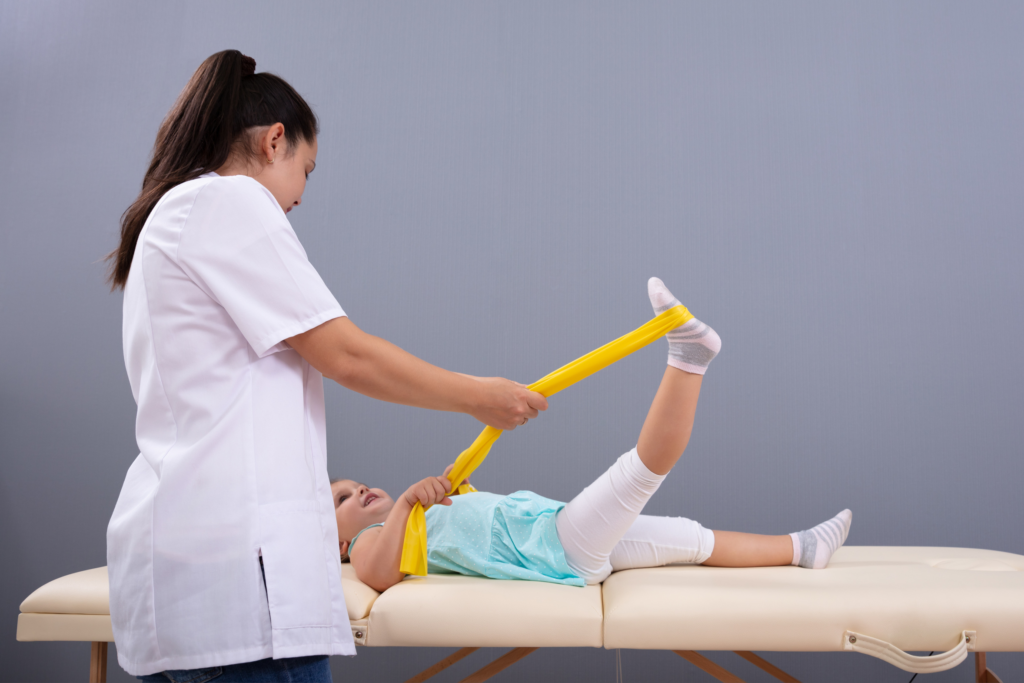
We work in the field of paediatrics provide support and treatment services to the paediatric population.Our Physiotherapist have expert skills in the assessment, identification and diagnosis of, and treatment of child development and movement difficulties. Research has shown that early intervention can improve outcomes for children with developmental difficulties. If you have concerns about your baby’s or child’s development, call to us.

Elderly rehabilitation is maintaining and improving the general health and ability of elderly individuals. At J.P Nagar Medical And Physiotherapy Centre,we commonly work with elderly patients helping optimise their quality and enjoyment of life. We will carry out a full functional assessment and work with you and your family to set realistic short and long term goals.We will devise a personalised treatment programme to help you achieve the following outcomes:

However, replacing your natural joint with a prosthetic implant is no joke – you can’t just go home and sit around while you wait for your body to heal. You will need to engage in physical therapy exercises to strengthen the area to help it heal correctly and completely.Physiotherapy helps make the recovery process more efficient after having joint replacement surgery. Surgery causes some level of damage to tissues, so some amount of inflammation is unavoidable. Nevertheless, interventions such as physiotherapy can help reduce the pain and discomfort that you feel.
For example, regular movements help reduce swelling by stimulating the lymphatic system, which relies on muscular contractions to remove excess fluid from the tissues of affected areas. Exercise also helps to elevate mood and decrease pain.
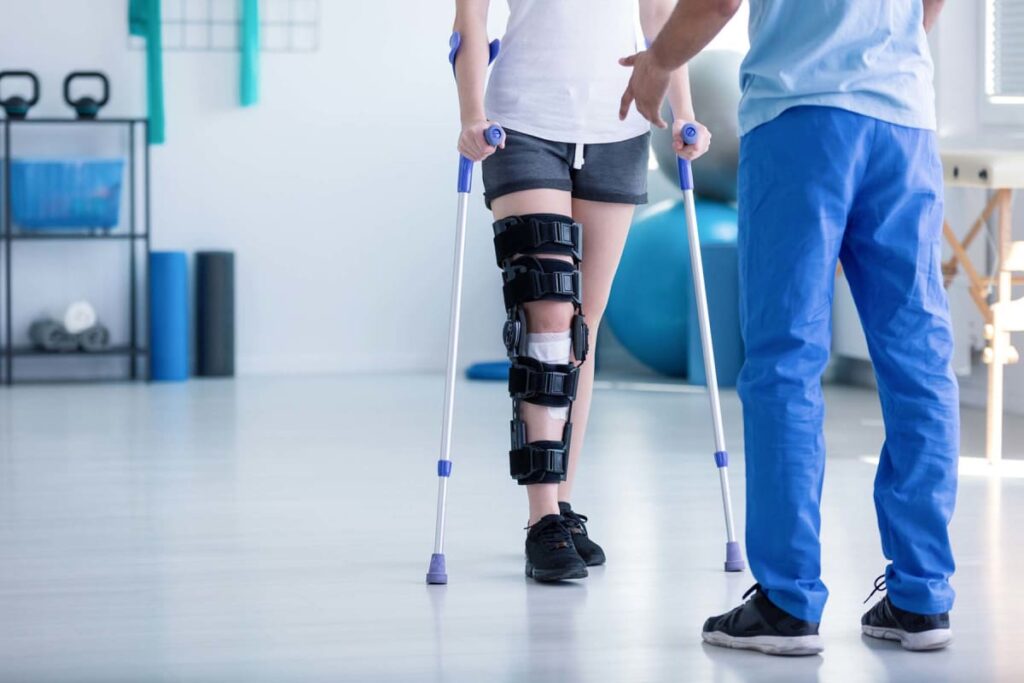
Post-operative rehabilitation is incredibly challenging. It is a collaboration between the patient and the physiotherapist, to formulate the best possible plan and achieve the desired result, returning the patient to their chosen level of activity or sport.Accomplishing a successful surgery doesn’t mean you can enjoy a healthy life in which you were living before entering operation theatre.
Postoperative rehabilitation physiotherapy is a unique type of physiotherapy for patients undergoing orthopedic surgeries. Surgical doctors also advise patients to get physiotherapy treatment to achieve better surgery results. Physiotherapists are already familiar with the guidelines that your doctor prescribed. Look for a professional physiotherapist who has knowledge and experience to adjust your problems through specific rehabilitation programs based on your circumstances.

Living and working in this century will have seen us spending more and more time sitting at the computer, whether it is part of our work, studying or even leisure time. An unfortunate consequence of spending long periods of time doing this is that it can cause pain in a number of areas including the neck, shoulders, arms and lower back.
Sitting at a desk for long periods means it is often difficult to maintain good posture for long periods of time. Many people will have a tendency to lean forward or slouch their shoulders which will put unnecessary stress on the spine leading to pain and fatigue. Repetitive movements such as typing /filing can also contribute to pain by placing your body in awkward positions and increasing the risk of muscle strain.

Home based physio may be of great help to those with mobility problems or long-term conditions that affect mobility.Our Physiotherapists expert will visit the patients Home and provide Home based Physiotherapy treatment services who are unable to visit our Physiotherapy Centre
For Home Physiotherapy Services call